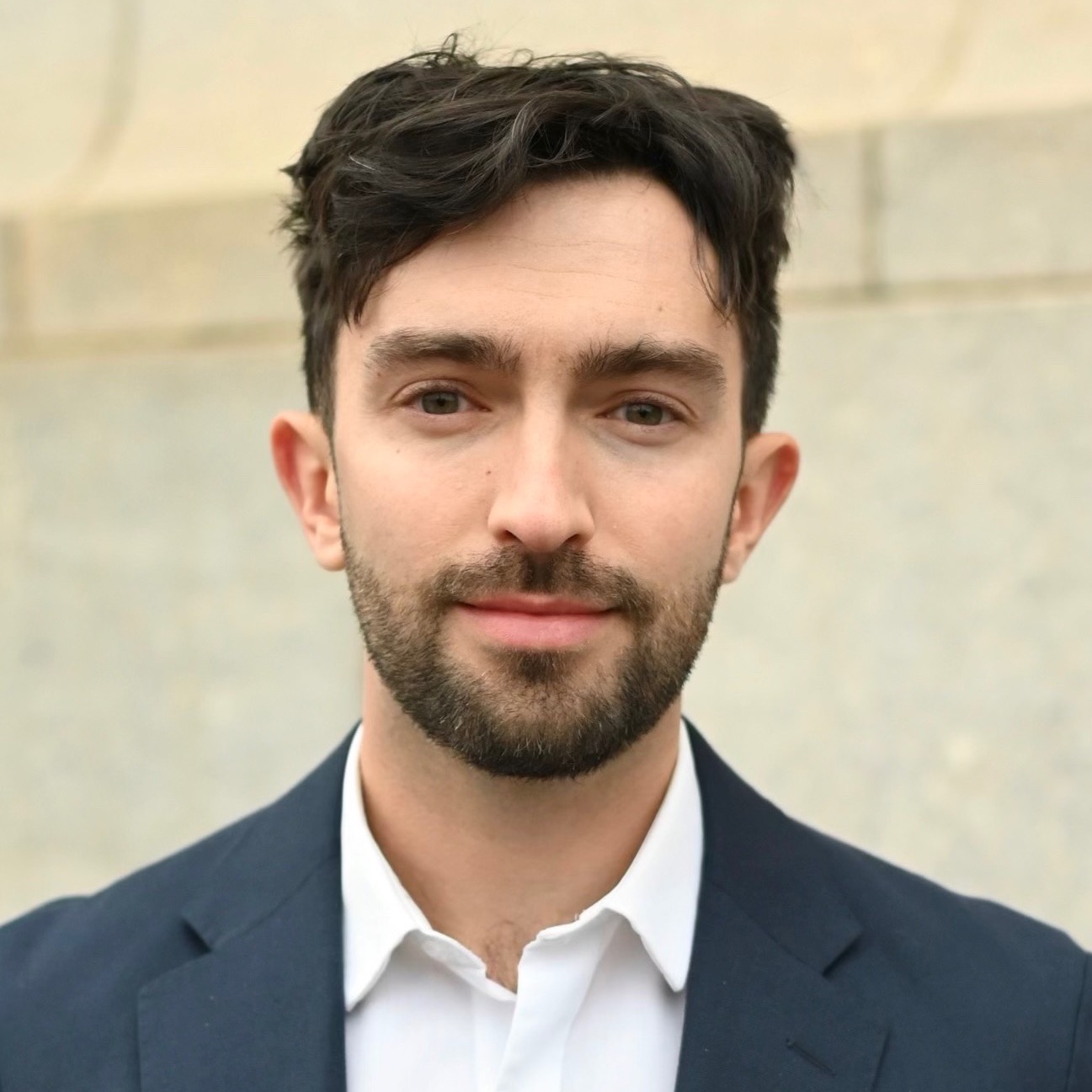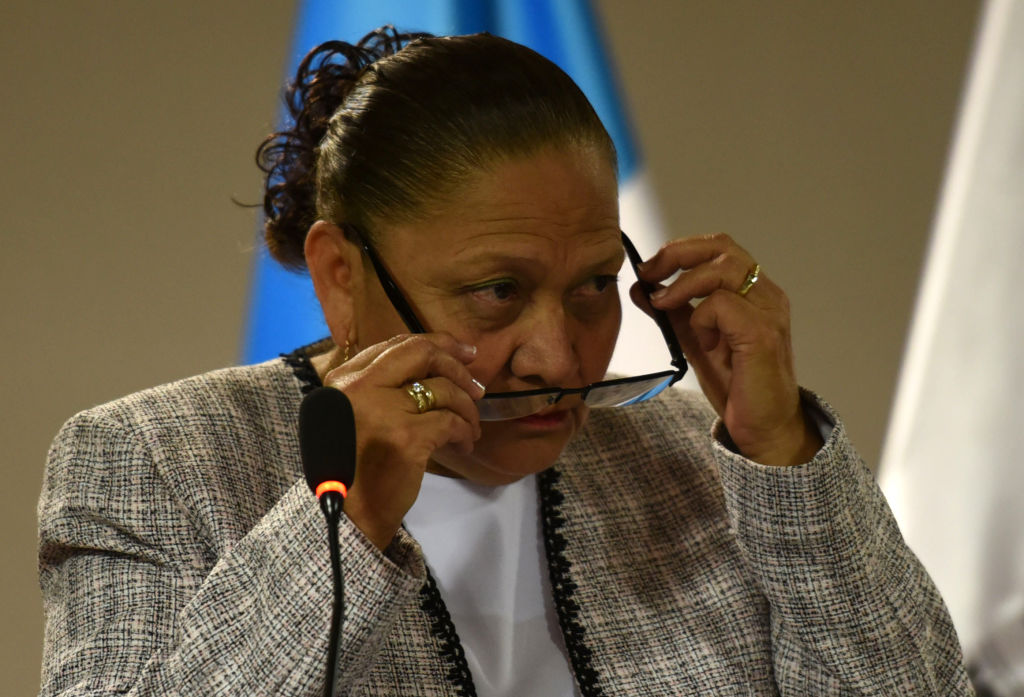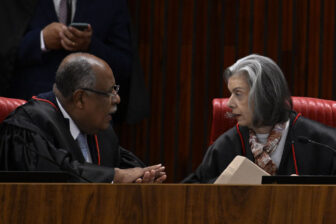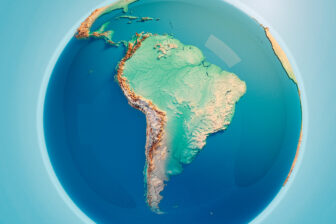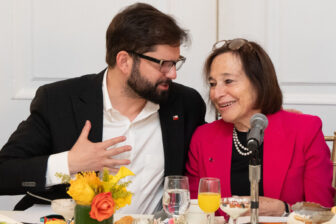“For my friends, everything; for my enemies, the law.” When Brazilian President Getulio Vargas first spoke the phrase in the 1940s, it didn’t need to be specified who was doing the protecting or the punishing. Heads of governments—civilian and military—used prosecutors as weapons to settle political scores.
Thankfully, that’s not how the region works today. Except in a few authoritarian enclaves, like Venezuela, Cuba and Nicaragua, top prosecutors no longer blindly do presidents’ bidding. Instead, they are largely independent and powerful. They might be influenced by political power, but they are rarely beholden to it.
But making prosecutors independent doesn’t guarantee they will be responsible, responsive or even law-abiding. Several Latin American countries are currently witnessing that stark reality firsthand.
Take Peru. On November 27, prosecutors accused Attorney General Patricia Benavides of leading an alleged criminal network engaged in influence peddling with Congress. The allegations, which have led to the arrest of Benavides’ top adviser, have deeply shaken Peruvian politics, as Benavides appeared to react by announcing an investigation into President Dina Boluarte for the deadly repression of street protests earlier this year. (All parties have denied wrongdoing.)
In Guatemala, Attorney General Consuelo Porras has practically led the campaign to stop President-elect Bernardo Arévalo, who was democratically elected by a large majority in August, from taking office.
Peru and Guatemala are extreme cases, but they are not alone. Recent developments have intensified concerns that several top prosecutors throughout Latin America are using their considerable powers to protect their friends and pursue their enemies—sometimes in league with presidents or congress, but often on their own accord. Entrusted with upholding the rule of law, some instead may be eroding it.
New Leviathans
The story of how many of Latin America’s attorneys general became independent and powerful started with good intentions. As Latin America democratized in the 1970s and 1980s, reformers in several countries made prosecutors independent of the executive branch to avoid a return to the days when dictators weaponized them against their critics.
Then, as narco-trafficking organizations became more powerful across the region in ensuing years, one country after the next passed anti-organized crime laws, expanding prosecutors’ powers even further. Prosecutors could order pretrial detentions and wiretaps, strike plea bargains, and charge suspects with broadly defined crimes, like illicit association—often subject only to loose judicial control.
That all made Latin America’s prosecutors increasingly independent and strong. But there were almost no follow-up reforms to make them more accountable. A fatal flaw was that power remained concentrated at the top. In most countries, attorneys general can freely interfere in investigations launched by rank-and-file prosecutors, and even suspend and fire their subordinates at will—a set-up that often leads to abuses. For years in Colombia, Peru, Guatemala and Mexico, attorneys general used their top-down control to block rank-and-file prosecutors from investigating well-connected politicians, business leaders and crime bosses.
When anti-corruption fervor swept Latin America in the mid-2010s, it looked for a moment like things might change, and prosecutors might become a force for good. Attorneys general like Guatemala’s Claudia Paz y Paz and Peru’s Pablo Sánchez began dismantling previously untouchable corruption networks. Judiciaries in Brazil and Ecuador also aggressively investigated corruption—although, disconcertingly, they did not always train their fire equally on all political parties. Anti-corruption advocates in some cases even pushed to further strengthen attorneys general and release them from countervailing checks, believing honest prosecutors would remain in control.
A push against accountability
Backlash by politicians and private sector figures, coupled with prosecutors’ own missteps and overreach, killed Latin America’s anti-corruption moment. Crusading prosecutors were fired; their investigative teams dismantled.
But prosecutors’ offices remained just as powerful. And soon, power passed to a new set of hands. The actions of some attorneys general have raised questions about whether they may be less focused on prosecuting complex crimes than on pursuing cases of personal interest, watering down accountability measures or advancing their own careers.
Mexico’s Alejandro Gertz Manero, who took office as the country’s first formally autonomous attorney general in 2019, successfully lobbied Mexico’s Congress to repeal and replace a law designed to make the prosecutor’s office more accountable and transparent, arguing it was too restrictive. In a country where more than 90% of homicides go unsolved and corruption cases are often not investigated, Gertz Manero’s office dedicated resources to prosecuting his sister-in-law and imprisoning her daughter, both of whom Gertz blamed for his late brother’s death—until the Supreme Court intervened, ruling the actions unconstitutional, releasing Gertz Manero’s daughter-in-law and ending the prosecution. (Gertz Manero has said he acted within the law.)
Within weeks of the appointment of Benavides, the Peruvian attorney general, she removed a prosecutor investigating her sister, a judge, for allegedly taking bribes to release individuals arrested for narco-trafficking. Then she dismantled a special investigative team probing corruption within the judiciary and suspended a prosecutor who had for years led Peru’s iteration of Operation Car Wash, and whose team was finally bringing ex-presidents and powerful politicians to trial. (Benavides defended her choices, saying she was “putting the house in order,” and denied she had interfered in her sister’s case.)
Brazil’s former prosecutor general, Augusto Aras, who took office in 2019, repeatedly took steps to shelve or limit investigations into the Jair Bolsonaro government. After Bolsonaro left office and Luiz Inácio Lula da Silva won the presidency, Aras, who media reports said Lula was considering for another term, explored the possibility of investigating Bolsonaro. (Aras recently left the post.) Colombian Attorney General Francisco Barbosa inveighs constantly against President Gustavo Petro’s “Total Peace” security initiative and even called for a plebiscite on the plan in early November, even though Colombian law allows only the president to call such votes. Colombian media have asked Barbosa whether he is considering a 2026 presidential run; he recently denied such intentions.
Factory reset
Powerful prosecutors aren’t inherently bad for democracy or the rule of law. In a region as wracked by organized crime as Latin America, they’re a necessity. But like any institution, they need proper oversight.
The region is due for a new set of reforms that make prosecutors more accountable. Three changes would make the biggest difference. First, lawmakers should pass legislation that protects career prosecutors from arbitrary transfer, suspension or removal by their country’s attorney general. Peru and Brazil already benefit from such rules. It’s no accident their prosecutors have led some of the boldest investigations into corruption in the region.
Second, many prosecutors’ offices in the region need a deep clean. Corrupt prosecutors who charge a price to make investigations disappear or to falsify evidence are all too common. But too few of the region’s prosecutorial offices have ever thoroughly cleaned house. Peru and Guatemala made big steps forward purging corrupt prosecutors in the 2010s, and although they lost ground more recently, they provide an example of how to start.
Third, civil society groups need to get involved in the processes to select attorneys general and make noise about candidates with red flags. There is no magic formula for selecting top prosecutors that prevents outside actors from trying to corrupt or capture the process. What’s much more important is the degree to which civil society participates in vetting. Even small civil society groups, when they communicate effectively with the public, can drum up public pressure against the naming of unqualified or corrupt attorneys general.
Some of Latin America’s top prosecutors continue to model how their jobs can and should be done. Prosecutors in Uruguay have announced an investigation into the issuance of a passport to a narco-trafficker, a case that led to resignations of members of the Lacalle Pou administration. In Costa Rica, the Public Ministry opened an investigation into a media report’s allegations that the government negotiated with narcotrafficking groups (Costa Rican President Rodrigo Chaves denied any wrongdoing). Nevertheless, unaccountable and capricious attorneys general are becoming a regional challenge, adding to the many pressures already weighing on rule of law in the region. Many Latin American countries need to hold their top prosecutors accountable before it’s too late.
Freeman is currently working on a book about rule of law and impunity in Latin America’s democracies.

